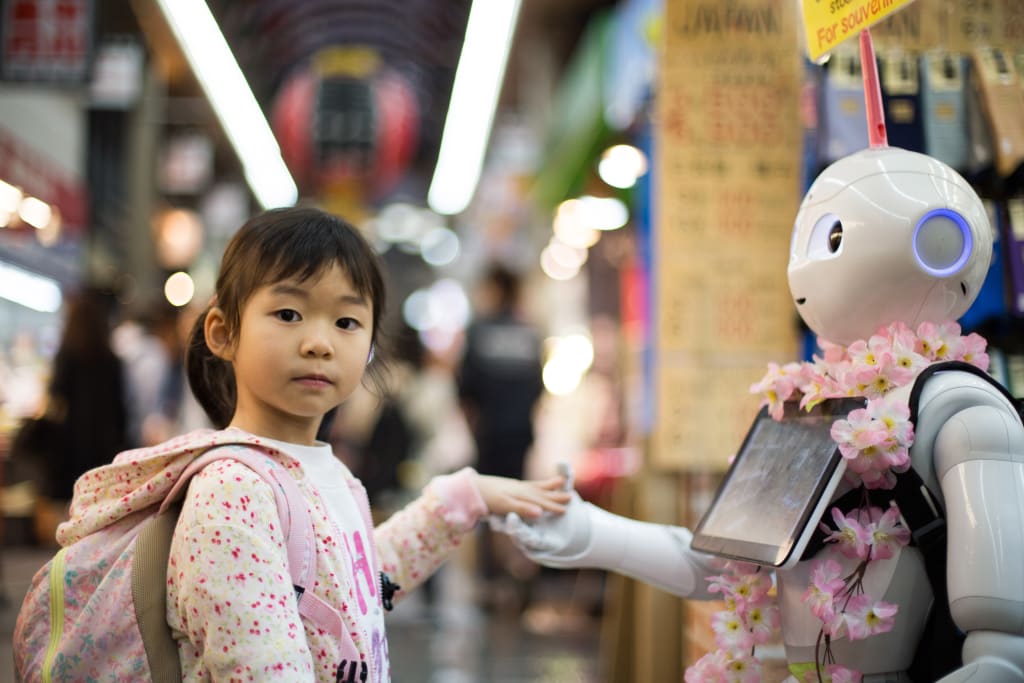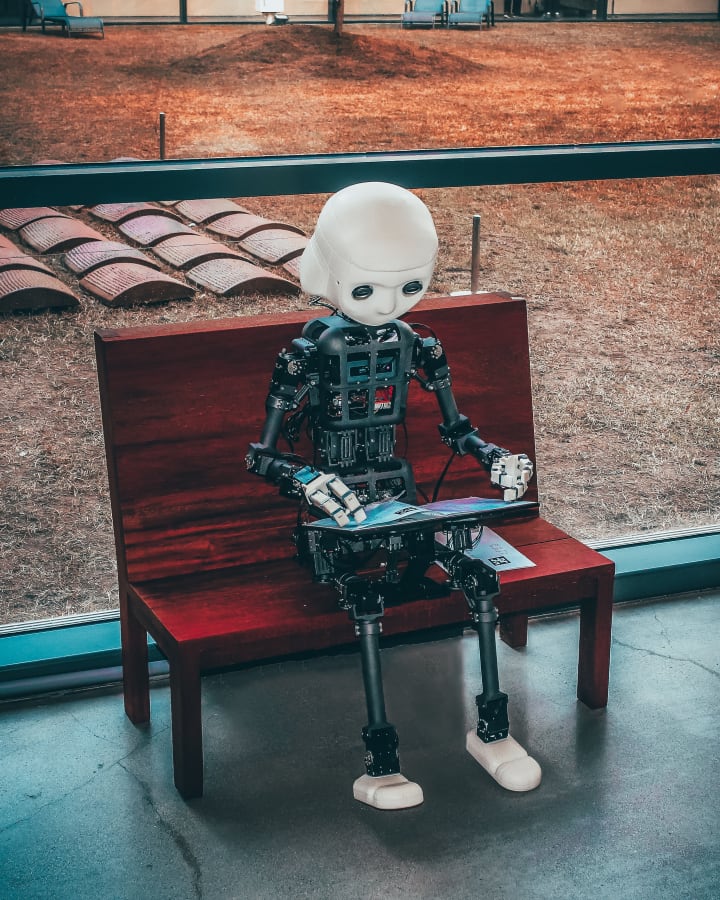The Future of Artificial Intelligence and Its Impact on Society
Future of Artificial Intelligence

Artificial Intelligence (AI) is changing the world as we know it. It's no longer just a sci-fi concept - it's real, it's here, and it's transforming our lives in ways we never thought possible.
From self-driving cars to virtual assistants, AI is already a part of our daily lives, and it's only going to become more prevalent in the future. But what does the future of AI hold, and how will it impact society?
What is Artificial Intelligence?
Artificial Intelligence refers to the development of computer systems that can perform tasks that normally require human intelligence, such as visual perception, speech recognition, decision-making, and language translation. AI systems can be classified into three categories: narrow or weak AI, general or strong AI, and super AI.
Narrow or weak AI refers to AI systems that are designed for a specific task, such as voice recognition or image analysis. General or strong AI, on the other hand, refers to AI systems that can perform any intellectual task that a human can.
Super AI refers to AI systems that are more intelligent than humans and have the ability to learn and improve on their own.
The Impact of AI on Society

The impact of AI on society is vast and varied. Here are some of the ways that AI is already changing the world:
Automation:
AI is automating many tasks that were once done by humans, such as data entry, customer service, and even some medical procedures. This can lead to increased efficiency and cost savings, but it can also result in job loss and economic disruption.
Personalization:
AI is also making it easier to personalize products and services to individual needs and preferences. This can lead to a more satisfying and customized user experience.
Healthcare:
AI is being used to improve healthcare in a variety of ways, from medical imaging to drug discovery to personalized medicine. AI is also being used to assist doctors in diagnosis and treatment, leading to improved outcomes for patients.
Transportation:
Self-driving cars are already a reality, and they have the potential to greatly reduce accidents and increase mobility for people who can't drive. However, they also raise questions about job loss for drivers and potential safety concerns.
Security:
AI is being used to improve security in many areas, such as cybersecurity, border control, and surveillance. However, this raises concerns about privacy and the potential for misuse of this technology.
The Future of AI
The future of AI is exciting and full of potential, but it also raises questions and concerns about how it will impact society. Here are some of the ways that AI is likely to evolve in the coming years:
Greater Automation:
As AI becomes more advanced, it's likely that more tasks will be automated, leading to increased efficiency and cost savings. However, this could also result in job loss and economic disruption.
Personalization:
AI will continue to make it easier to personalize products and services to individual needs and preferences. This could lead to a more satisfying and customized user experience, but it could also raise concerns about privacy and data collection.
Healthcare:
AI will continue to be used to improve healthcare, from medical imaging to drug discovery to personalized medicine. However, this raises questions about the ethics of using AI in healthcare and the potential for bias in decision-making.
Transportation:
Self-driving cars will become more prevalent, and they have the potential to greatly reduce accidents and increase mobility for people who can't drive. However, they also raise questions about job loss for drivers and potential safety concerns.
Super AI:
The development of super AI could have a profound impact on society. Super AI could lead to advances in fields such as medicine, energy, and space exploration. However, it could also raise concerns about the potential loss of control over these systems and the potential consequences if they were to turn against us.
Education:
AI has the potential to transform education by providing personalized learning experiences for students, identifying areas where they need more help, and adapting to their learning styles.
However, this could also lead to concerns about privacy and data collection, as well as the potential for biases in the algorithms used.
Environmental Sustainability:
AI has the potential to help us address some of the biggest challenges facing our planet, such as climate change and pollution.
For example, AI can help us optimize energy consumption, improve waste management, and monitor biodiversity.
However, there are also concerns about the environmental impact of the technology itself and the potential for unintended consequences.
Ethics and Regulation:
As AI becomes more advanced, there will be a growing need for ethical guidelines and regulation to ensure that the technology is used responsibly and for the benefit of society. This includes issues such as transparency, accountability, and bias in decision-making.
Conclusion
Artificial Intelligence is rapidly transforming the world as we know it, and its impact on society will only continue to grow in the coming years. While there are many potential benefits to AI, there are also significant concerns and risks that need to be addressed.
As we move forward, it's important to approach the development and deployment of AI with a careful and thoughtful approach, to ensure that we realize its potential for good while minimizing the risks and unintended consequences.
About the Creator
Muhammad Afzal
Hi, i'm a commercial blogger working since 2016. I love to write on lifestyle, travelling and tech innovations around the world.






Comments
There are no comments for this story
Be the first to respond and start the conversation.